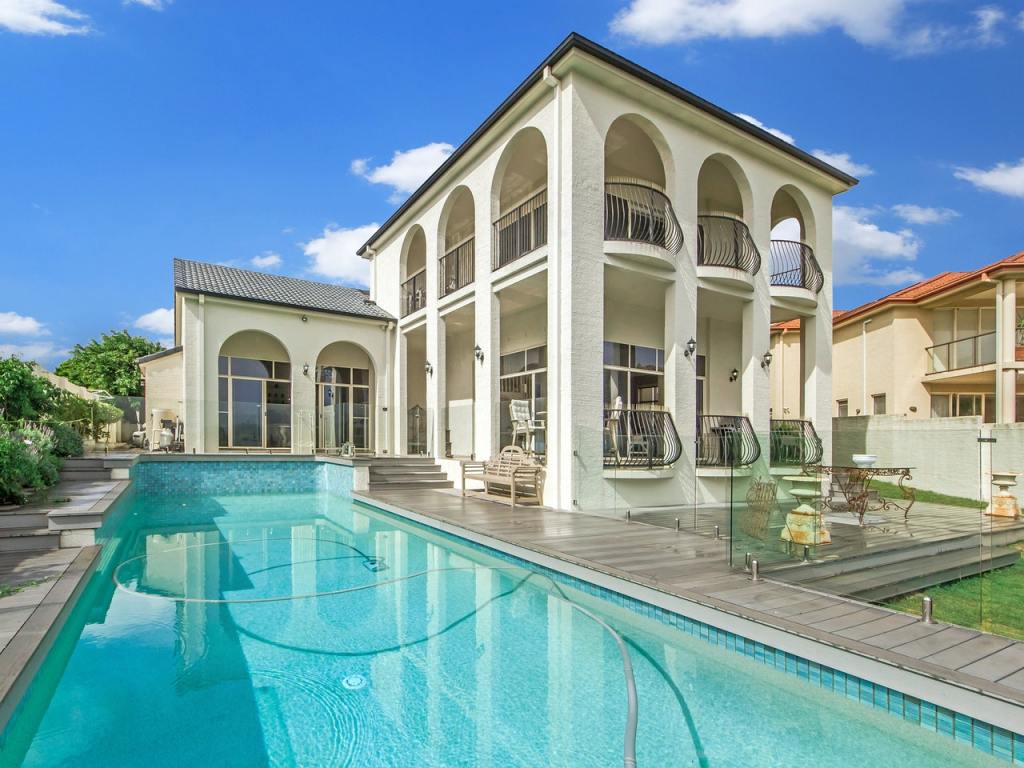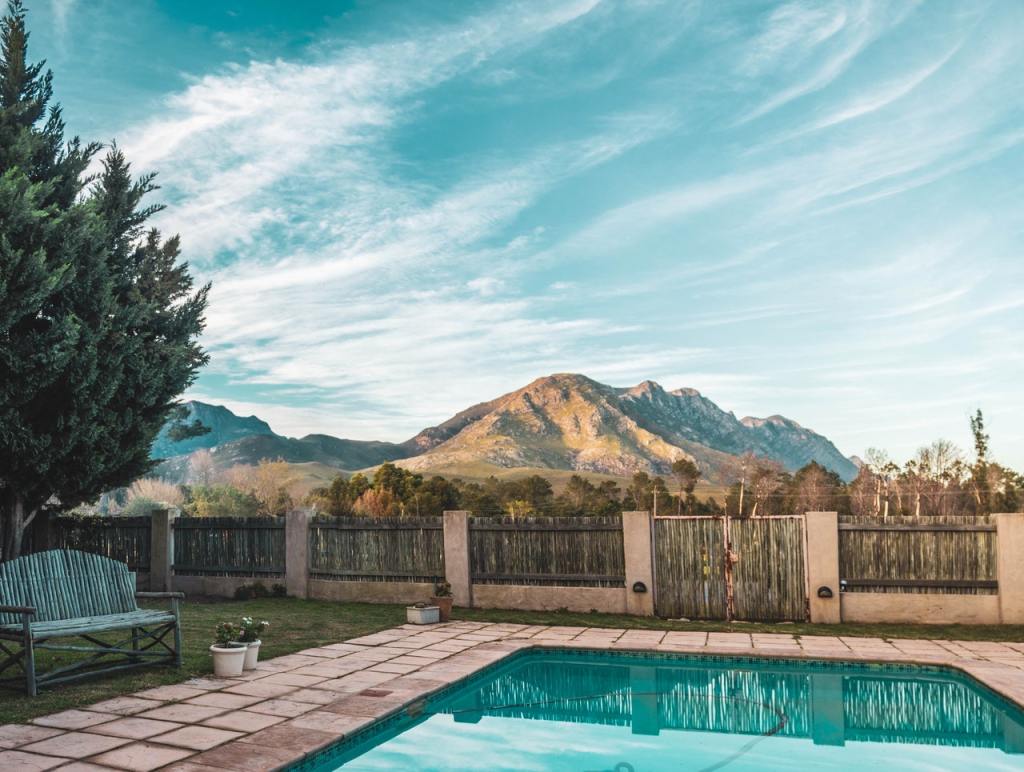You’ve invested a lot of time, money, and energy into making your outdoor pool a clean, enjoyable feature in your home. And there’s nothing quite like cooling off in that crystal clear water on a hot day. Pool heaters for in-ground pools can be even more of an investment, but the benefits of heated water in your outdoor oasis greatly outweigh the cost. You’ll have a more comfortable swimming experience, and if you live in a cooler climate, you can lengthen your swimming season significantly. With the different types of pool water heaters on the market, what’s the best one for your pool and the area you live in? We’ll dive into the two most popular types so you can decide which is best for you: Gas vs heat pump pool water heaters.

Gas pool water heaters
Gas pool water heaters have been around for a long time, so they’re tried and true options for heating your pool. They work by pulling water in and using natural or propane gases to heat the water. Then they return the water to the pool, all warm and cozy.
Pro: Heat your pool quickly
Gas heaters are popular among pool owners because they heat the water quickly and keep the pool’s temperature stable, regardless of outdoor temperature. For this reason, gas pool water heaters are ideal for pool owners in cooler climates who use their pool less frequently, particularly at the beginning or end of the summer when the outside temperature fluctuates often.
Pro: Lower initial purchase and installation cost
Compared to other, more energy-efficient pool heaters, gas pool heaters are more economical upfront. Their price tags are significantly lower, running between $1,500 and $2,500, and the cost of installation can run as low as $500. Installation is particularly low if your home already has gas energy hookups. If you want to stick to a lower budget for the first year of use, a gas pool heater is a good option.
Con: Use more energy to operate
Unfortunately, if you’re looking for the greenest option in pool heaters, gas heaters are not it. They use finite natural resources to operate, so they are not the most environmentally friendly option when compared to other types of pool heaters. They also cost more to operate overall, which you’ll see on your energy bills. In general, gas pumps can cost between $300-$500 per month to operate, but you can save money by turning them off when not in use since they work quickly after being turned on.
Con: Higher maintenance costs and shorter lifespan
While initial costs are low, with so many moving parts in these machines, there is a higher likelihood that maintenance will be required. This could end up being an additional cost and headache. Gas pool heaters also tend to have a shorter overall lifespan than their heat pump counterparts since maintenance costs will eventually rise to the point where purchasing a new model will be more cost-effective.

Heat pump pool water heaters
Unlike their gas-powered counterparts, heat pump pool water heaters generate no heat on their own. Heat pumps operate by pulling heat out of the air, compressing it, and passing the pool water through the heated air. The warmer the temperature is outside, the more efficient the heat pump is at its job, and the less energy it has to use. For this reason, heat pump pool water heaters are ideal for warmer, southern climates.
Pro: Greener energy option
Since heat pumps don’t use gas or fuel to operate, they produce no emissions and help to reduce your carbon footprint overall. What could be better than enjoying the outdoors while knowing you’re not harming the environment while you’re doing so?
Pro: Fewer repairs and longer lifespan
Over several years of use, heat pumps will require fewer repairs overall and will cost you a lot less money and headaches than their gas counterparts. Heat pumps also need to be replaced less often than gas pumps, and they can have a lifespan of up to 20 years.
Con: Take longer to heat the pool
Due to the longer heating process, heat pumps take longer to heat the entire pool overall. They are not ideal if you want to shut it off frequently and only turn it on when the pool is in use. If you have this type of pool water heater, it’s better to keep it running more often so that the pool water is nice and warm when you decide to go for a swim.
Con: Higher price tag and more expensive installation
Heat pump pool water heaters are newer to the pool market, and they definitely have a higher price tag upfront. In general, they cost between $2,500 and $3,500 with additional installation costs of around $1,000. While the initial costs are much higher than their gas counterparts, the cost of running heat pumps is much lower than running gas pumps. On average, heat pumps will cost between $50-$100 per month to run.
Choosing the right pool water heater for your specific needs is tricky. You need to consider the size of your pool, how often you use it, and even the type of climate you live in before taking the dive and purchasing this new machine. You may even want to consider the environmental impact that your new pool water heater will have. Either way, you’ll love your new purchase when you take a dip in that warm, comfortable water.



